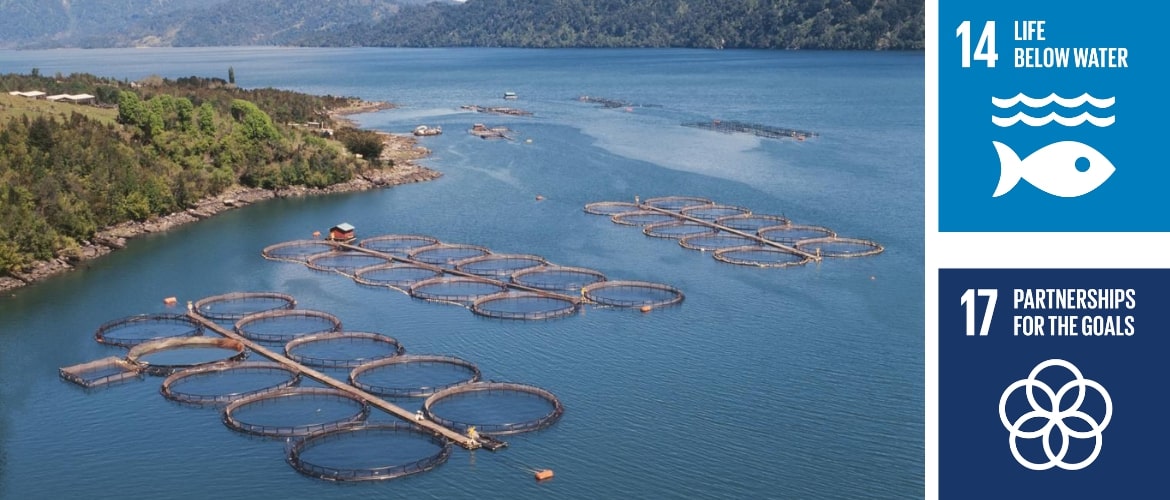The Chilean salmon industry had grown exponentially since its beginnings in the early 1980s, becoming the second largest salmon producer in the world after Norway in 2019. This economic growth, however, brought about impactful environmental and social implications in the South of Chile. In 2011 the Chilean branches of Rabobank and WWF began to address these concerns by means of a partnership in sustainable salmon farming.

After nearly a decade of cooperation, more than 80% of Chilean salmon was cultivated at sea under improved environmental certification standards, 31% of the Chilean salmon production had ASC certification (a leading environmental certification in salmon farming), and a social toolkit was being used by the partners to improve communication between salmon producers and the communities surrounding them. The remaining challenges for the partnership were to boost salmon production companies to deepen their sustainable practices and expand the number of certified farms, but most of all to empower communities to reach out to the salmon companies with their needs and concerns.
This case is part of the Sustainable Development Goals (SDGs) case series, developed by Rotterdam School of Management (RSM), Erasmus University. It focuses on SDG 14 (Life Below Water) and SDG 17 (Partnerships for the Goals). Video learning materials and other resources about these SDGs are available at www.rsm.nl/sdgs.
1. Explain the impact CSPs have on sustainable development;
2. Analyse and critically reflect on the challenges of CSPs in relation with sustainable development;
3. Evaluate a CSP in connection with specific SDG goals and intervention levels.
The case is suitable for MSc, MBA, EMBA and executive students in global business, general management, and sustainable development courses.
-
Paula Arellano Geoffroy
Chile; salmon farming; cross-sector partnership; stakeholder management; economy; community; environment; sustainability; NGO; financial institution
Request a teaching note via cdc@rsm.nl